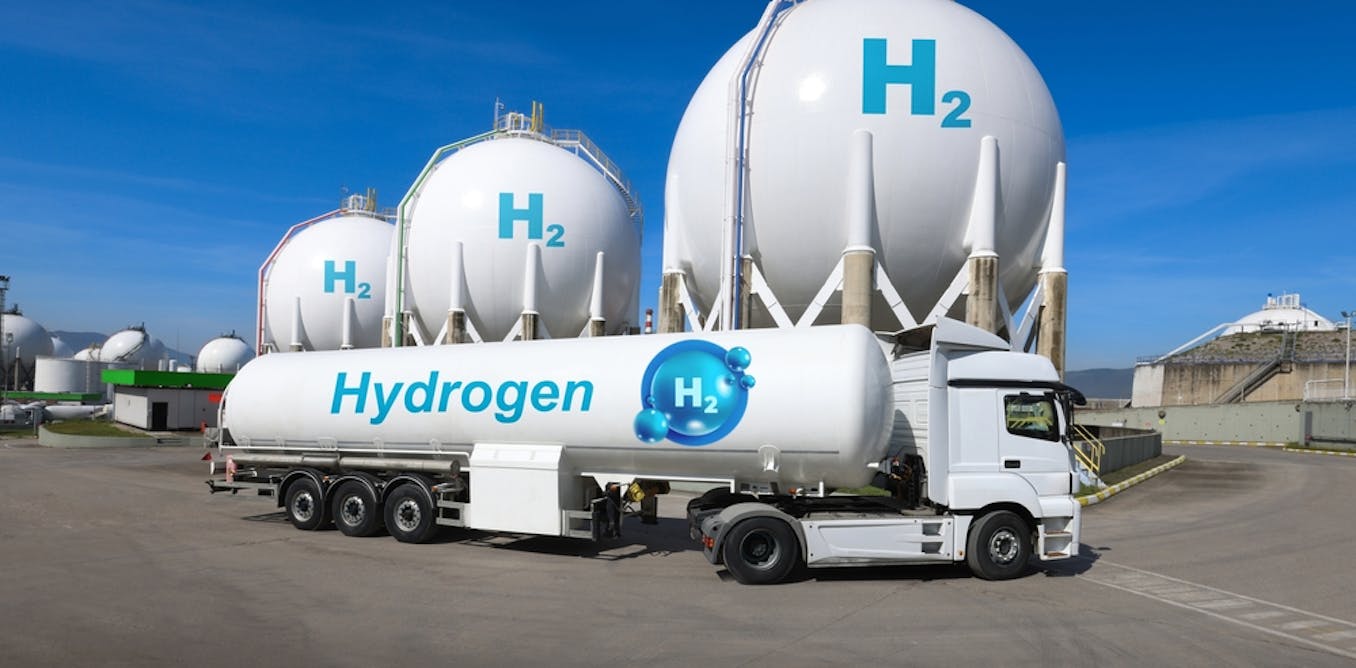Green Hydrogen: A Cost-Effective Solution for Clean Cooking in Zambia
Key Ideas
- Green hydrogen, produced from renewable energy sources, offers a clean and affordable alternative to charcoal and liquefied petroleum gas for cooking in Zambia.
- Research indicates that grid-connected green hydrogen systems are more cost-effective and scalable compared to standalone renewable energy systems.
- Cost of producing green hydrogen in Zambia using grid power is around US$7 per kilogram, making it competitive with fossil fuels and a potential substitute for charcoal.
- Large-scale green hydrogen systems, serving thousands of people, are financially sustainable with decreasing production costs, emphasizing the need for scalability in the implementation.
Zambia, like many African countries, faces challenges with clean cooking fuel, with over 80% of the population relying on polluting fuels. Air pollution from cooking leads to millions of premature deaths globally. Researchers investigated the potential of green hydrogen as a clean cooking fuel alternative in Zambia. The study focused on using renewable energy sources to produce green hydrogen, such as solar and wind power. They found that grid-connected green hydrogen systems are more cost-effective than standalone renewable energy systems. Green hydrogen production using Zambia's renewable hydropower and solar energy was deemed feasible and cost-effective, with a production cost of around US$7 per kilogram. The study highlighted the importance of scaling up green hydrogen systems to serve larger populations for financial sustainability. It also noted that while standalone solar energy systems are technically challenging and economically unviable in the long run, grid-connected systems offer a more practical and affordable solution. The research suggests that policymakers and development partners prioritize grid-connected green hydrogen systems over standalone systems, ensuring accessibility and affordability for local households and industries. The findings provide a positive outlook for utilizing green hydrogen to address clean cooking challenges and promote sustainability in Zambia's energy sector.
